Description
This spectacular collection of poems includes works from 1963 to 2013. They show the remarkable breadth of the poet and the wild imagination he has called upon through these years. The poems are printed, naturally, in this collection. They are poems which sing, however, and the astute reader will hear the music as he or she reads these works.
Widely published and even more widely featured, Dick Bakken has been writing and reading (he calls it “voicing” since he memorizes all his poems) for fifty years. He was raised in eastern Washington and taught in Oregon. For that past thirty years he has lived in Bisbee, Arizona, where he keeps on writing and leading writing workshops. He prefers his poems to be heard than to be read, but he agreed to allow this publisher to put these into an actual book.

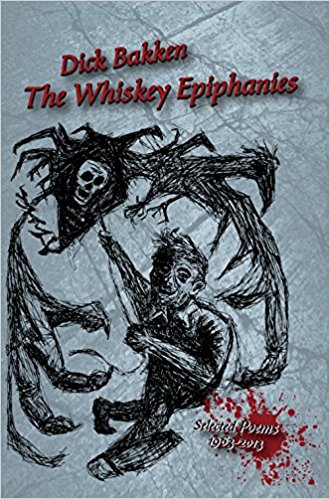
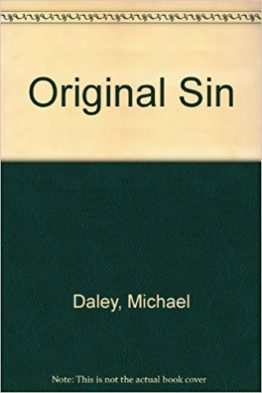
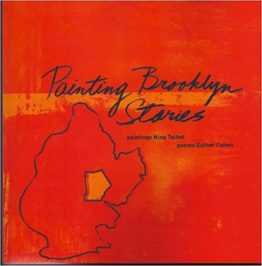
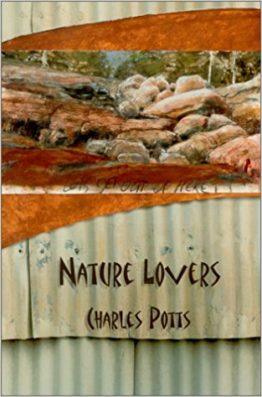
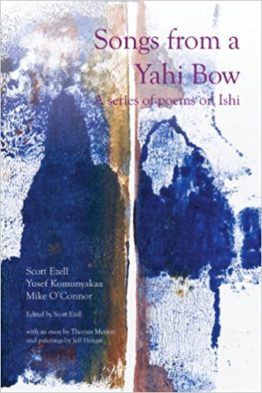
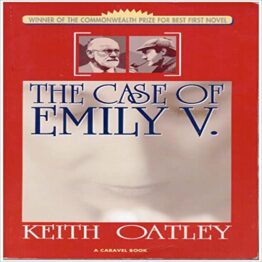
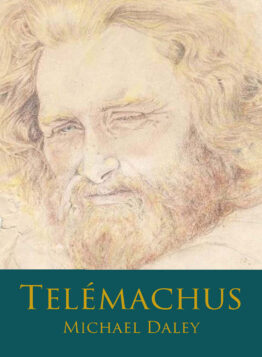
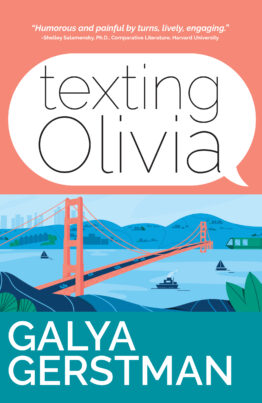

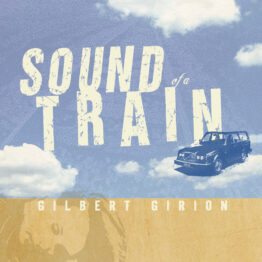
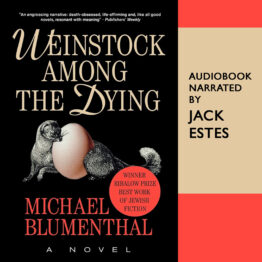
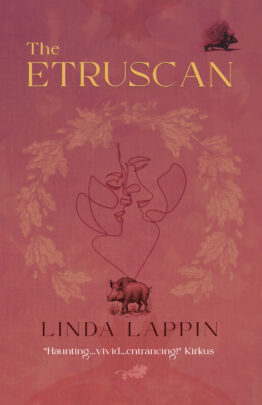
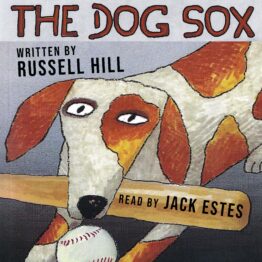
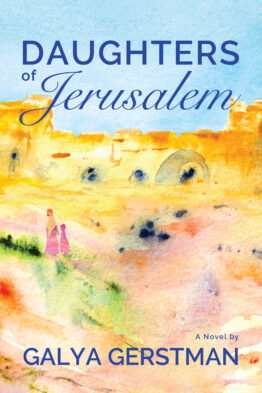
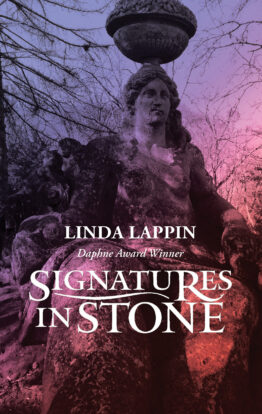
Barbara Drake, poet –
Arizona poet Dick Bakken is one of the most dynamic performers of poetry in this country. His readings are intense and mesmerizing. His poetry has appeared in a variety of journals and has been recorded on radio and tape. He is a poet in the true oral tradition. At the same time, his poems hold up as well on the page as they do on the stage. But you need to gulp them with energy. These are not sweet, relaxing poems; not poems for bedtime or for lazing away an afternoon. As Bakken puts it, The whole of what I am wants to wake people up to word/sound/lyricism and you just can’t do that by putting them to sleep, i.e. making them drift comfortable with so-damn-common pre-American pretense to classiness.
Poetry Flash –
Dick Bakken’s poetry is colored by our geographic patchwork that he constantly travels. The cadences of billboard flash, pop radio love beat, Native American chant, Protestant sermonizing, TV pitches. and the intelligible babble of children all spin like pinwheels in the homemade rhetoric of Bakken’s work. In performance, without manuscript or microphone, in his motley of striped pants, fringed jacket, white pointed shoes, and scarlet pearl-buttoned shirt, his image as the half-cracked half-inspired troubadour from the West is complete.
Ian McColgin, The North Coast Times Eagle –
The poem called Oregon struck me for its powerful look at being a man. It is not locative poetry in the sense of Frost, poetry rooted so firmly in one place that the reader must know local wildflowers and place names to move with magical particularity into an emblematic universe. But Oregon does begin deeply rooted in a psychic space: the barely aware watching mind of a lumberjack whose waitress-lover has run off with Oscie from the dimestore. Even people who have never met a lumberjack can capture the image of a big clod living on hotdogs and beer, working with his hands, and loving purely through his body-mass.